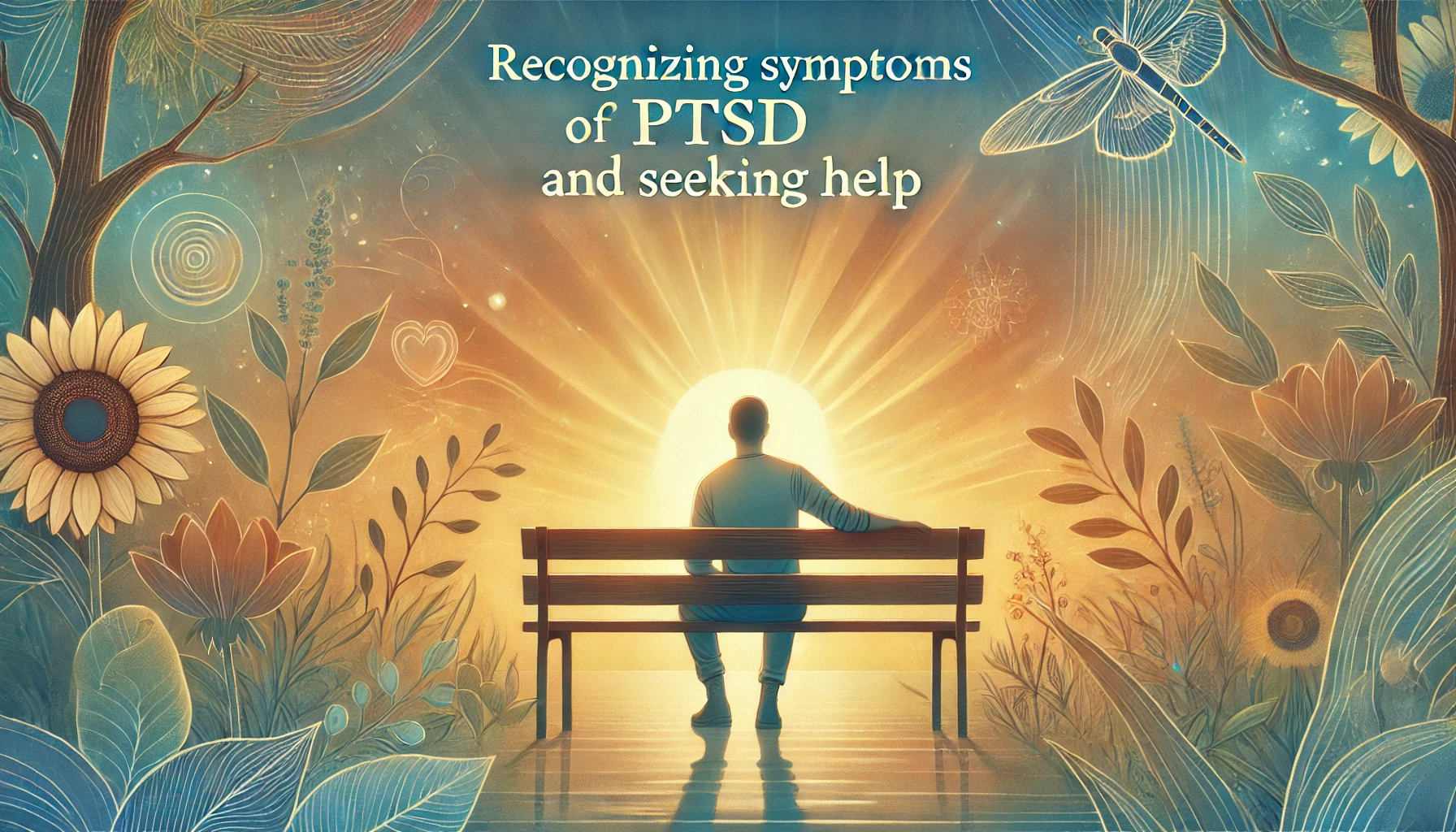Lancination Mental Health Issues: Causes and Coping Strategies

Table of Contents
ToggleIntroduction
Have you ever felt a sharp, stabbing sensation that was sudden and intense, not in your body, but in your mind? This metaphorical “mental lancination” can often describe the way mental health issues can strike out of nowhere, leaving us feeling shocked, pained, and uncertain. Just as physical pain requires attention and treatment, so do these sudden “jabs” in our mental health. This article explores what “lancination mental health” issues are, what causes them, and how to manage these challenging moments with effective coping strategies.
Understanding Lancination Mental Health
Mental health issues are complex and vary widely among individuals. Lancination mental health is a term used here to describe acute mental distress that hits suddenly and intensely, like a sharp “stab” of emotional or psychological pain.
What is Lancination Mental Health?
Lancination, traditionally a medical term describing a stabbing or lacerating pain, can metaphorically capture the nature of mental health issues that arise in sudden, piercing episodes. These mental “pains” can range from intense anxiety and panic attacks to overwhelming sadness and despair.
Common Causes of Lancination Mental Health Issues
Mental health issues don’t have a single cause. Instead, they usually result from a mix of genetic, environmental, and personal factors. Some people might be more predisposed due to family history, while others might face stressors that push them toward mental health struggles.
How External Stressors Contribute
Daily stressors—work pressure, relationship issues, financial burdens—can create an environment ripe for lancination mental health issues. This sudden “stab” may be the culmination of accumulated stress that breaks through our coping defenses.
The Role of Genetics and Biology
Genetics play a significant role in our susceptibility to mental health conditions. Brain chemistry and biology, along with family history, can make us more or less vulnerable to experiencing intense mental “stabs” when we encounter stress.
How Lifestyle Choices Affect Mental Lancination
Our lifestyle choices, like diet, sleep habits, and social interactions, can also play a significant role. A lack of sleep, for example, may lower our defenses, making it easier for mental health issues to hit us harder and with less warning.
Signs and Symptoms to Watch For
nderstanding the warning signs is essential. Common symptoms of lancination mental health episodes may include:
- Sudden Intense Anxiety: Feeling as though the world is closing in.
- Overwhelming Sadness: Like a wave of hopelessness that washes over you.
- Physical Reactions: Heart palpitations, sweating, dizziness, or a racing mind.
The Importance of Early Detection
Early detection is critical in managing lancination mental health issues. Recognizing the signs, understanding the triggers, and taking steps early can prevent these moments from escalating into more severe conditions.
Coping Strategies: Steps to Manage Mental Lancination

Coping strategies can vary depending on individual needs, but here are some approaches to managing these intense mental health episodes:
- Breathing Exercises: Helps to calm the nervous system.
- Journaling: Writing about feelings can provide perspective.
- Meditation: Regular practice can make a difference in how we respond to stress.
Therapy and Professional Help
Professional support, such as therapy, is invaluable. Speaking with a licensed counselor or therapist can provide tailored coping strategies and a safe space to work through intense emotions.
Self-Care Tips for Mental Health
Regular self-care is crucial to prevent intense episodes. Practices like mindfulness, maintaining social connections, and getting adequate sleep create a strong foundation for mental health.
How to Support Loved Ones with Lancination Mental Health Issues
Supporting someone with these sudden, intense mental health issues involves patience, understanding, and often learning how to offer help without judgment. Just being present and offering a listening ear can make a difference.
Creating a Long-Term Mental Health Plan
Managing mental health is a long-term commitment. Having a plan that includes regular check-ins with a mental health professional, lifestyle adjustments, and self-care strategies is essential.
Conclusion
Lancination mental health issues, with their sharp and sudden onset, can be challenging to manage, but with understanding, coping strategies, and support, it is possible to regain control and find balance. Prioritizing mental health and early intervention are key to maintaining well-being.
Frequently Asked Questions
What exactly is "lancination" in mental health?
Lancination in mental health describes a sudden, sharp “stab” of intense emotional or psychological pain, similar to a physical stabbing sensation.
Are lancination mental health issues common?
Many people experience sudden episodes of intense mental discomfort. It’s common and can affect anyone under the right stress or circumstances.
Can lifestyle changes help prevent lancination episodes?
Absolutely. Good sleep, a balanced diet, and regular exercise help bolster mental resilience and reduce the likelihood of sudden episodes.
When should I seek professional help for these issues?
If episodes become frequent or disrupt daily life, it’s wise to consult a mental health professional to develop effective coping strategies.
How can I help a loved one experiencing lancination mental health issues?
Offer your support by being present, listening without judgment, and encouraging them to seek professional help when needed.



